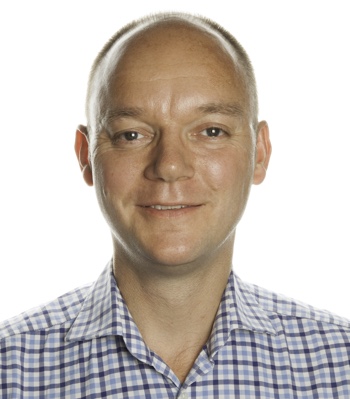
I recently attended the UK Health Show and was invited to take part in a panel discussion about data lakes. For anyone unfamiliar with the concept, this is NHS England’s plan for regional data lakes which will encourage the collection and use of information across populations of three to five million people. These data lakes will make both pseudonymised and identifiable patient data available for research.
The data collection model is aligned with the 44 STP footprint areas. As well as providing the technical architecture for linking patient data, each area will be expected to use an interoperable information exchange to create a real-time longitudinal record of the patient based on the data which will be collected from multiple sources.
One of the challenges we still need to address is how this regional data, collected at the STP level and obtained through interoperable information exchange, will feed into the national data service and be used for service planning, research and crucially optimising care delivery. This data interoperability will only be possible by ensuring that data within regional services is captured and recorded against national, or international, standards – not something that large healthcare providers, including the NHS, have found easy in the past.
The other major challenge in the data lake proposal is the consent model and how it will be applied. The debate about consent was the major theme of discussion at the UK Health Show panel where patients, clinicians, and health data advocates shared very similar concerns. Once we know which consent model is being suggested, we will be able to determine its appropriateness and the impact of incomplete data sets relating to consent on the overall knowledge generated.
Although these challenges are significant, they can be addressed and should not stop us focussing on the bigger picture which is the potential to improve care delivery and health through a shared care record. This goal is shared by many health systems globally and the NHS is now well placed to take the lead in demonstrating how it can be achieved.
Dr Charles Young
Chief Medical Officer, Capita Healthcare Decisions; Senior Medical Officer, Capita Group.
Dr Charles Young was a member of a panel discussing the potential impact of data lakes at the UK Health Show on the 27th September.



